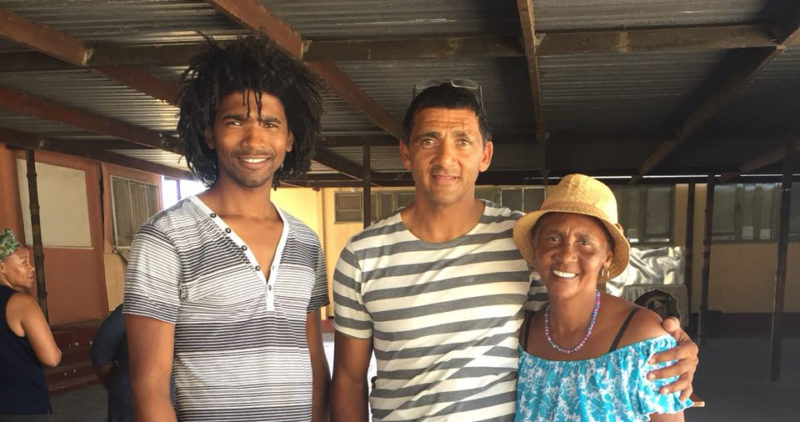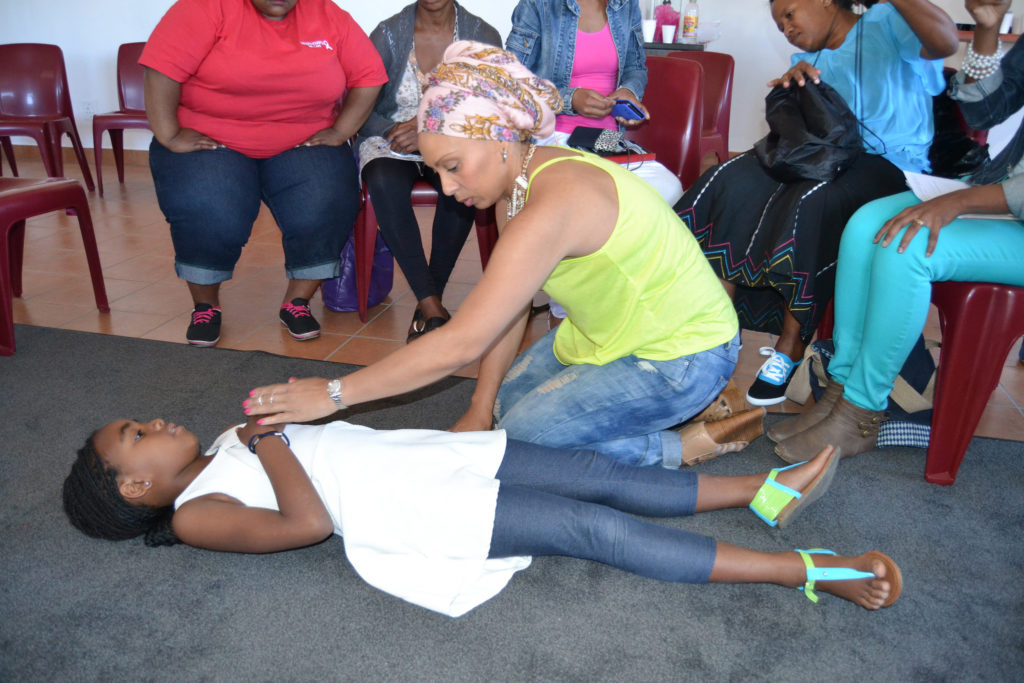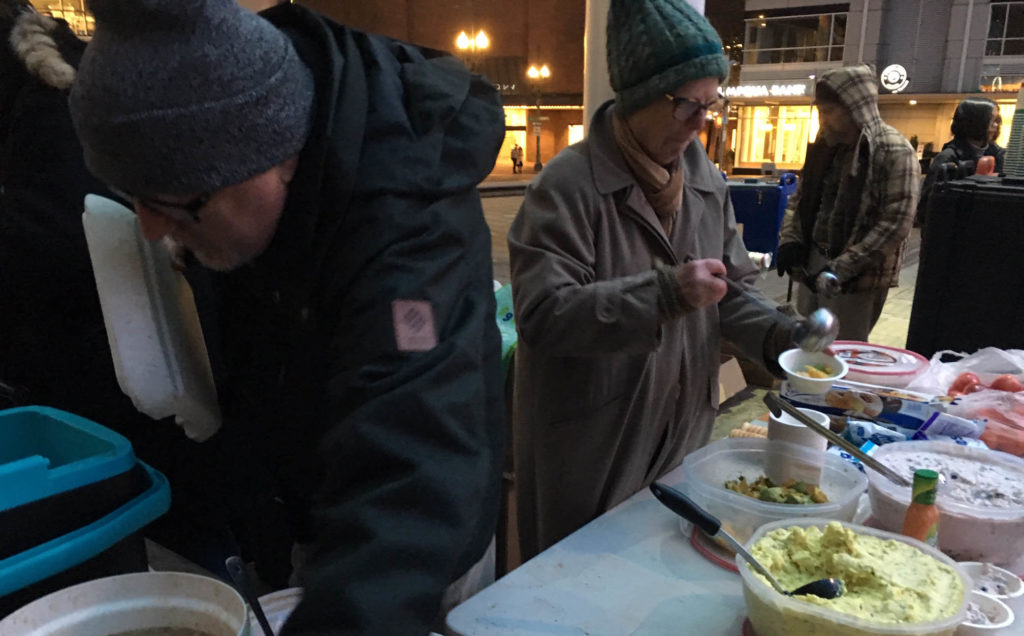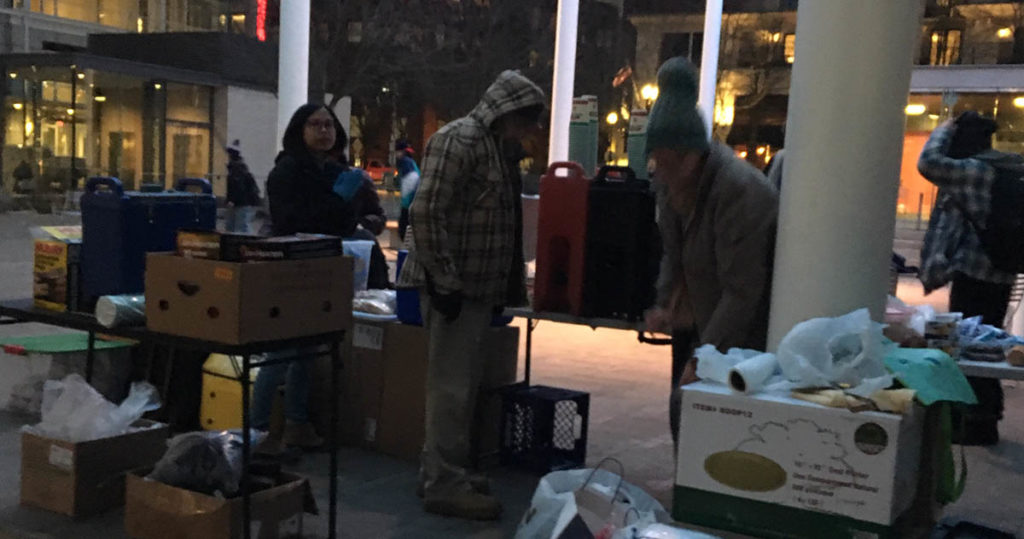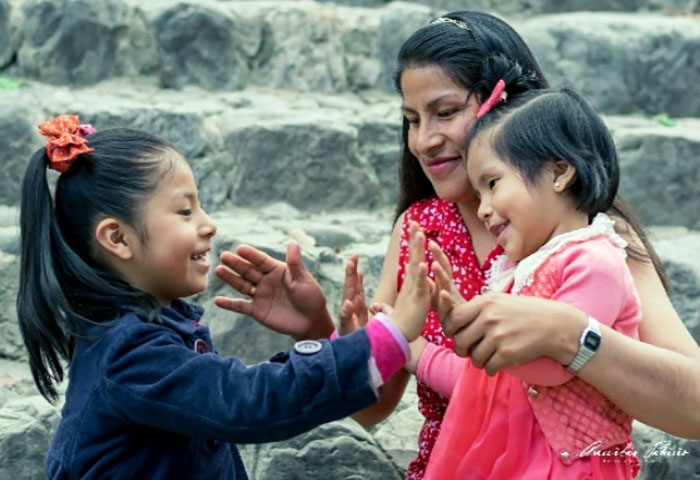
Anita Limbu is a single mother with a daughter called Unisa. Unisa suffers from cerebral palsy. Anita does not receive support and love from her family and relatives, so all the responsibility for Unisa lies on her shoulders alone. This mother used to feel a great deal of frustration and burden, but then she had the opportunity to join the ICDP caregiver meetings where she met other mothers whose children were also suffering from cerebral palsy. During the first ICDP sessions she cried a lot, as she was becoming more and more aware of Unisa’s needs that she had been ignoring. She started to see her child as a person rather than a burden and this made her behave in a much more positive way towards her. Anita reported that one day Unisa asked her why she was not beating and scolding her as she used to do before — Anita’s eyes were full of tears while telling about this and realizing how negatively she had been treating her daughter. Her daughter can’t speak but can express her emotions and feelings with her gestures. Anita is now caring and expressing love towards her daughter more than before and she said that Unisa is a great deal happier now. Anita said that she is grateful to have been able to attend the ICDP caregiver meetings and wants to be an example for other mothers with children with disabilities.
International Child Development Programme (ICDP) is a competence-building organization in the field of psycho-social and educational care for children.
The objective is to work for the healthy development of children worldwide by implementing a simple but effective psychosocial intervention programme that is based on scientific research in child development and that can enhance children’s psychosocial development and wellbeing. ICDP works with children’s caregivers to create a loving, caring and guiding educational environment for children.
The work is based on the principles that are laid down in the UN Convention on the Rights of the Child. ICDP is another expression of the same humanitarian spirit as encoded in the CRC. The ethos is to provide for human care through activating empathy, sensitivity and education of both caregivers and their children and by strengthening local initiative. Introducing children’s rights is likely to have a major impact if efforts are also made to activate awareness and deeper bonding to children as persons (Hundeide & Armstrong, 2011).
ICDP is non-political and non-denominational. It may participate directly or indirectly in activities run by other humanitarian organization having corresponding objectives. The point is to sensitize, build competence and confidence in members of a community or an existing child caring system, and then withdraw. The purpose of cooperation with partner organizations is to offer training, educational and moral support, thus ensuring the quality of ICDP work and positive impact on the development of caregivers and children.
By participating in ICDP, caregivers learn general principles of child rearing that are universal and present in most cultures, which makes the programme flexible and culturally adaptable.
Research suggests that human development and the physiological development of the brain, depends on proper interaction between a caring adult and the growing child. In normal circumstances such learning happens naturally, but when families are uprooted through social changes, migration, catastrophes, children losing their parents, or having been numbed by severe deprivation and emotional shock, this care often breaks down and has to be reactivated through skilled help. If children do not receive sufficient love and guidance while they are young, the problem also perpetuates itself because later on they become inadequate parents. ICDP’s focus, therefore, is on trying to break this cycle.
Make a donation to ICDP
[give_form id=”1781″]


